Edgefield Recovery Center
2230 South Macarthur Drive Suite 4
Alexandria, LA 71301
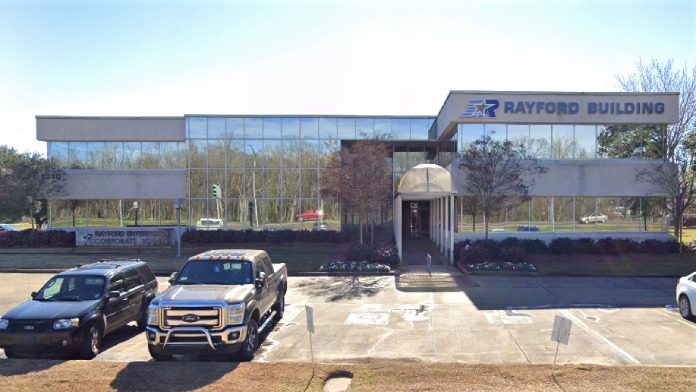
About Edgefield Recovery Center
Edgefield Recovery Center, situated in Alexandria, LA, is a CARF accredited facility dedicated to providing comprehensive drug and alcohol addiction treatment. Surrounded by the serene beauty of twenty seven acres adorned with majestic oak trees and a pecan orchard, Edgefield offers an environment conducive to healing and reflection. With a capacity to accommodate 70 residents, both men and women, the center provides specialized care for those grappling with addiction and any co-occurring mental health diagnosis. Their multidisciplinary approach encompasses group and individual therapy sessions, chemical dependency education, and family oriented programs.
Residents also benefit from structured sessions on nutritional education, relapse prevention, and aftercare planning. Additionally, to ensure holistic recovery, Edgefield offers exercise and yoga classes, promoting both physical and mental well being.
Amenities
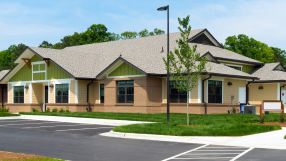
Private Rehab
Private drug rehab provides a comfortable, secure environment that allows you to focus on doing the work to ge...t your life back on track. Benefits include a higher staff-to-client ratio, increased one-on-one time with therapists and healthcare providers, private rooms for clients, and customized forms of therapy.Addiction Treatment Programs
Adult Program
Addiction treatment options in the Bayou State include a rehab adult program in Louisiana. Designed to serve Louisiana men and women over the age of 18, these programs employ a variety of treatment methods to help individuals achieve sobriety.Alcoholism
Alcohol rehab in Louisiana is the process of recovering from dinking problems through a combination of treatment methods. Most programs incorporate 12-step methods, individual and group counseling, and therapeutic activities.Cognitive Behavioral Therapy (CBT)
With high success rates, cognitive behavioral therapy in Louisiana is often incorporated into addiction treatment. These techniques are used in support groups and individual therapy, to help individuals change their thought patterns and encourage ongoing sobriety.Drug Rehab
While each drug rehab in Louisiana offers unique elements, recovery support often follows a similar pattern. Detox is followed by inpatient and/or outpatient care, then aftercare support is provided once the participant completes the initial program.Men's Rehab
Treatment professionals at men’s rehab in Louisiana understand unique challenges men face while battling addiction. That’s why programs are available that target treatment for men at every level of care.Opioid Treatment
During opioid rehab in Louisiana, you’ll participate in evidence-based protocols that use medications, recovery support, and follow-up care designed to address withdrawal issues and prevent relapse. You’ll form new healthy habits and learn how to abstain from opioid and avoid negative consequences of dependence.Senior Drug & Alcohol Rehab
Elderly rehab in Louisiana provides an environment where seniors can receive mutual support from peers and treatment that is tailored to their needs. This encourages individuals to fully participate and enjoy better outcomes for addiction recovery.Women's Rehab
Women enrolled in gender-specific addiction programs have better outcomes than those in mixed-gender programs. That’s why women’s rehab in Louisiana provides treatment specifically for women, to meet their unique needs.Teen & Adolescent Program
When individuals participate in a young adult program in Louisiana, they typically receive a variety of age-appropriate therapies. Common treatment methods include cognitive behavioral therapy, motivational interviewing, and 12-step groups.Levels of Care
Outpatient Rehab
A typical Louisiana outpatient rehab offers a less-intensive treatment option. It is a good fit for those who ...have a moderate addiction and need accountability and ongoing relapse prevention support. Treatment includes therapy and support groups, and may continue to weeks or months, based on the individual’s needs.Aftercare & Alumni Program
Participating in Louisiana aftercare rehab is one of the best ways to prevent relapse after completing a reahb... program. Aftercare programs provide support, counseling, and guidance for weks up to a year or more to keep you on the recovery path.Dual Diagnosis & Mental Health
When you have a mental health disorder, addiction treatment must look different than standard rehab. The progr...am must address both your mental health and substance abuse disorders. Louisiana dual diagnosis treatment is designed to do just that.Drug & Alcohol Intervention
Professional support makes interventions more powerful and effective. Intervention specialists help family mem...bers plan and facilitate interventions, then follow-up with the necessary resources to develop a treatment plan and transition to admittance to drug rehab in Louisiana.Accreditations

Joint Commission
Insurance
 Medicaid Accepted
Medicaid Accepted
If you're struggling to pay for rehab, you may be eligible for Louisiana Medicaid (known as Healthy Louisiana).... The coverage amount varies, but it can help with the cost of addiction treatment, including all levels of care, such as detox, inpatient rehab, and more.
 Private Insurance
Private Insurance
If you have private insurance, your coverage can help with the costs of addiction treatment. Your policy deter...mines how much is covered, but you may be left with certain costs (copayments or co-insurance).. Check with your insurer for more information.
 Self-Pay Options
Self-Pay Options
You have the option to directly pay for alcohol and drug rehab in Louisiana, known as self-pay or private pay.... People who are uninsured or have an insurance plan that doesn’t cover certain specialized rehab programs often rely on self-pay options like cash or credit cards.Contact Edgefield Recovery Center

Location Details
Other Nearby Facilities
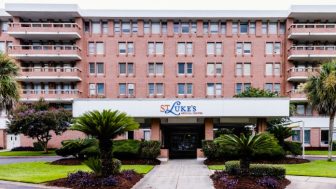
4201 Woodland Dr
New Orleans, LA 70131
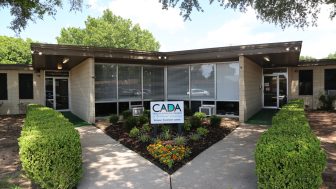
1525 Fullilove Drive
Bossier City, LA 71112
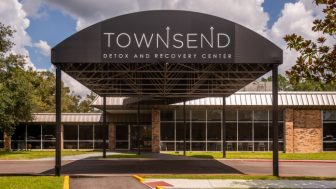
195 Highland Park Plaza Suite 200
Covington, LA 70433
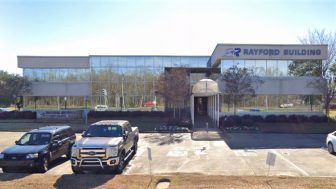
2230 South Macarthur Drive Suite 4
Alexandria, LA 71301